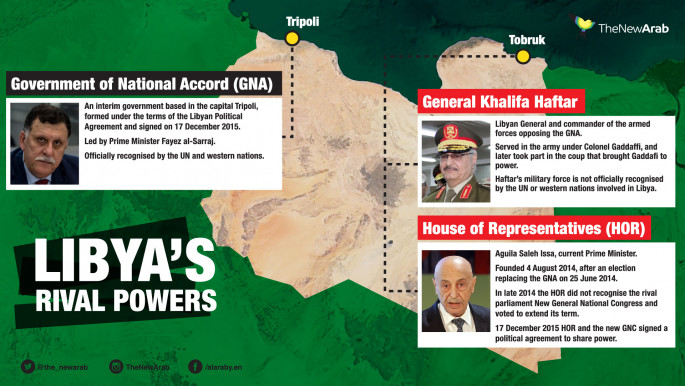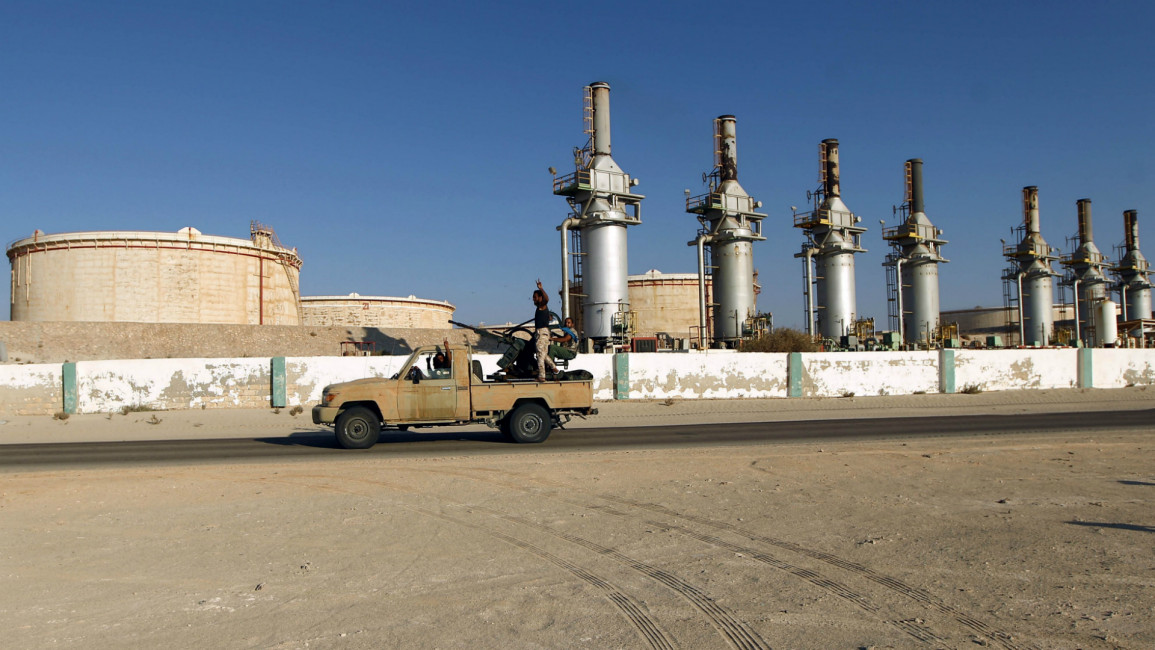Libya courting foreign investors to help rehabilitate flagging oil-industry
Despite ongoing political instability in Libya addressing a London energy conference Libyan National Oil Co. Chairman, Mustafa Sanallah, said that while the country was still awaiting a "legitimate government with a mandate from the people to come to power" it was no longer possible to "stand back and do nothing while the state disintegrates".
Speaking at London's Chatham House Sanallah announced plans to bring domestic crude production to 1 million barrels a day by April and 1.25 million barrels a day at year end.
"For the moment the oil is flowing. This can be an important foundation of stability in Libya, if we build on it," said Sanallah.
Instability and violence in Libya pushed production below 200,000 barrels a day in 2016, but production has been boosted back to around 715,000 barrels per day boosted by the re-opening of the country's largest oil field, Sharara, last month.
Sanallah said that raising production would be possible due to increases in stability brought about by US-assisted victories against Islamic State militants in the country, an end to blockades at the North African state’s main oil ports, and because rival political factions had agreed that generating revenues from oil flows are necessary to boost the economy.
Libya is currently split between two competing governments, while myriad rival militias also looked at carving up influence in the country.
 |
| Click to enlarge |
The Tobruk government - affiliated with military strongman Khalifa Haftar - has backing from neighbouring Egypt, Saudi Arabia and the United Arab Emirates, and also potentially Russia.
But the Tripoli-based government has the backing of the UN.
The rival governments have previously clashed over oil resources with Haftar seizing control of some of the country's oil fields last year.
Speaking on Tuesday Sanallah said that he was in talks with Total concerning the possibility of rehabilitating a field partly owned by the energy giant in partnership with ConocoPhillips, adding that US, Chinese and South Korean companies had also expressed an interest in investing billions of dollars in the Libyan oil and gas sector.
Before the 2011 lead revolt that lead to the ouster of Muammar Gadhafi Libya - which possesses the largest crude supplies in Africa - pumped 1.6 million barrels a day. OPEC has exempted the country from cutting output - in line with regulations in other OPEC states - as the country works to rehabilitate its oil industry.


![President Pezeshkian has denounced Israel's attacks on Lebanon [Getty]](/sites/default/files/styles/image_684x385/public/2173482924.jpeg?h=a5f2f23a&itok=q3evVtko)



 Follow the Middle East's top stories in English at The New Arab on Google News
Follow the Middle East's top stories in English at The New Arab on Google News


